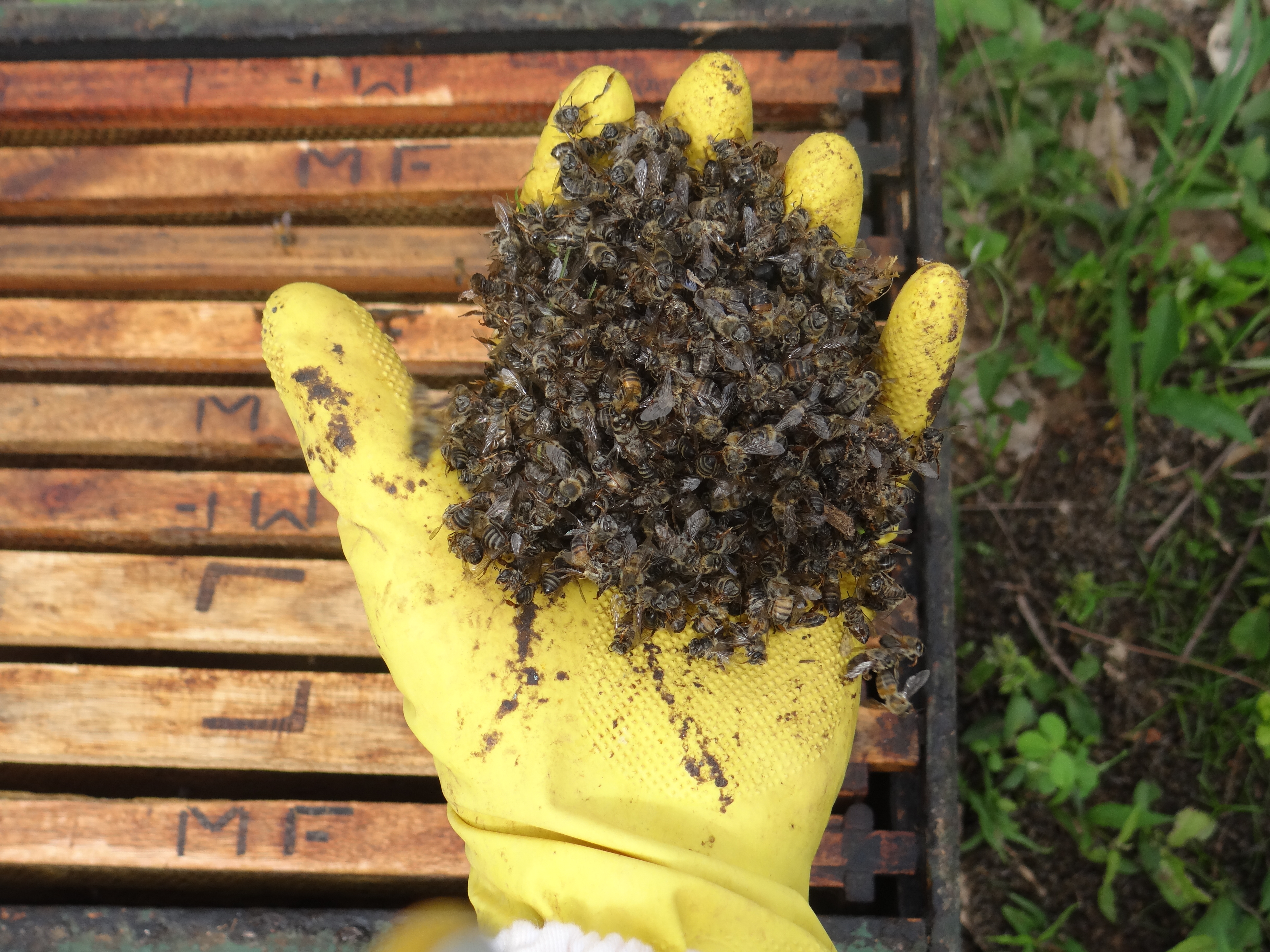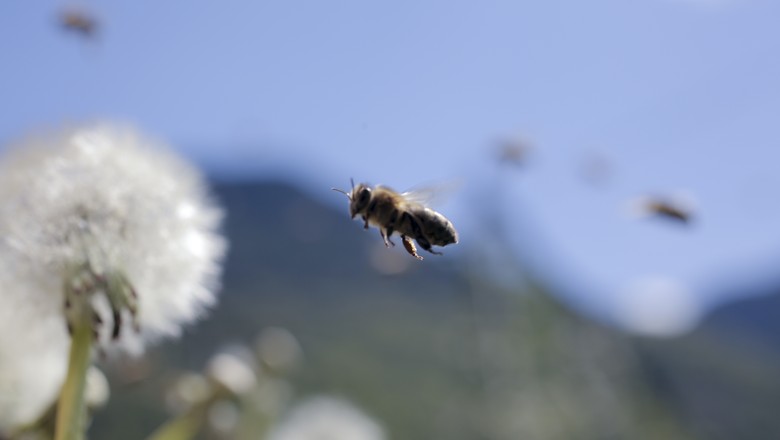
Globo Rural magazine: UN warns about the disappearance of pollinators and calls for urgent action
Near 75% plantations need all or part of the insect working like bees and butterflies
“There are a number of reasons for the decline, such as land use change, the use of pesticides and climate change. One can not say that there is a greater threat than one for each animal pollinator or for every place in the world are disappearing. It is a set of threats”, said.
The report, entitled “Thematic Assessment for Pollinators, Pollination and Food Production”, It is the first made by the IPBES and is the result of two years of UN body of work which was founded four and is made up 124 countries, including Brazil.
There are thousands of species that are pollinating, animals carrying pollen the male organ of a flower to the stigma, the female organ, allowing fertilization. In the last years, scientists have observed an alarming disappearance of bees, of which there are over 20 thousand wild species, and butterflies, especially in Western Europe and North America, which was attributed to pesticides and the increasing use of genetically modified plants.
The report confirmed pesticides, including neonicotinoids – chemically related to nicotine -, They represent a global threat to pollinators, despite their long-term effects are not yet known.
The IPBES highlighted the economic importance of pollinating organisms to point out in the study that 75% of crops for food in the world depend, at least partially, the existence of pollinators. The annual value of crops directly affected by pollinators is estimated between $ 235 billion and US $ 577 billion.
“Pollinators are major contributors of the world's food and nutrition security”, said Vera Lucia Imperatriz Fonseca, Ecology professor at the Institute of Biosciences at the University of São Paulo and one of the directors of the IPBES report.
according to her, the report “offers options on what to do according to the specific problem of each place in the world in relation to pollinators, pollination and food production”. Among the solutions are creating a greater diversity of habitats of pollinators in both the rural environment and the urban, support for traditional practices crop rotation and maintenance areas unexplored and reducing exposure of pollinators to pesticides.
The Dutch professor Koos Biesmeijer, one of the report's authors, acknowledged that there “empty of knowledge” with respect to the purpose of pesticides and other factors that negatively impact on pollinators. “Although we do not know everything, In so many cases, no clear conclusions”, said.
The teacher USP, in turn, He highlighted the severity of the condition. “We should act now to stop the decline of pollinators”, said.
But the vice president of IPBES added that all actions, from those that can be taken by farmers until that can be done by governments, could begin as soon as possible. “We do not need new technologies. These are all options that can help us out in front”, warned.
He gave example with the negative effect that the large tracts of monoculture.
“need one more sustainable agriculture. Let us remove these huge extensions monocultures and us ensure that are dotted with natural habitat zones that attract pollinators farmers' fields”, concluded.


Sorry, the comment form is closed at this time.